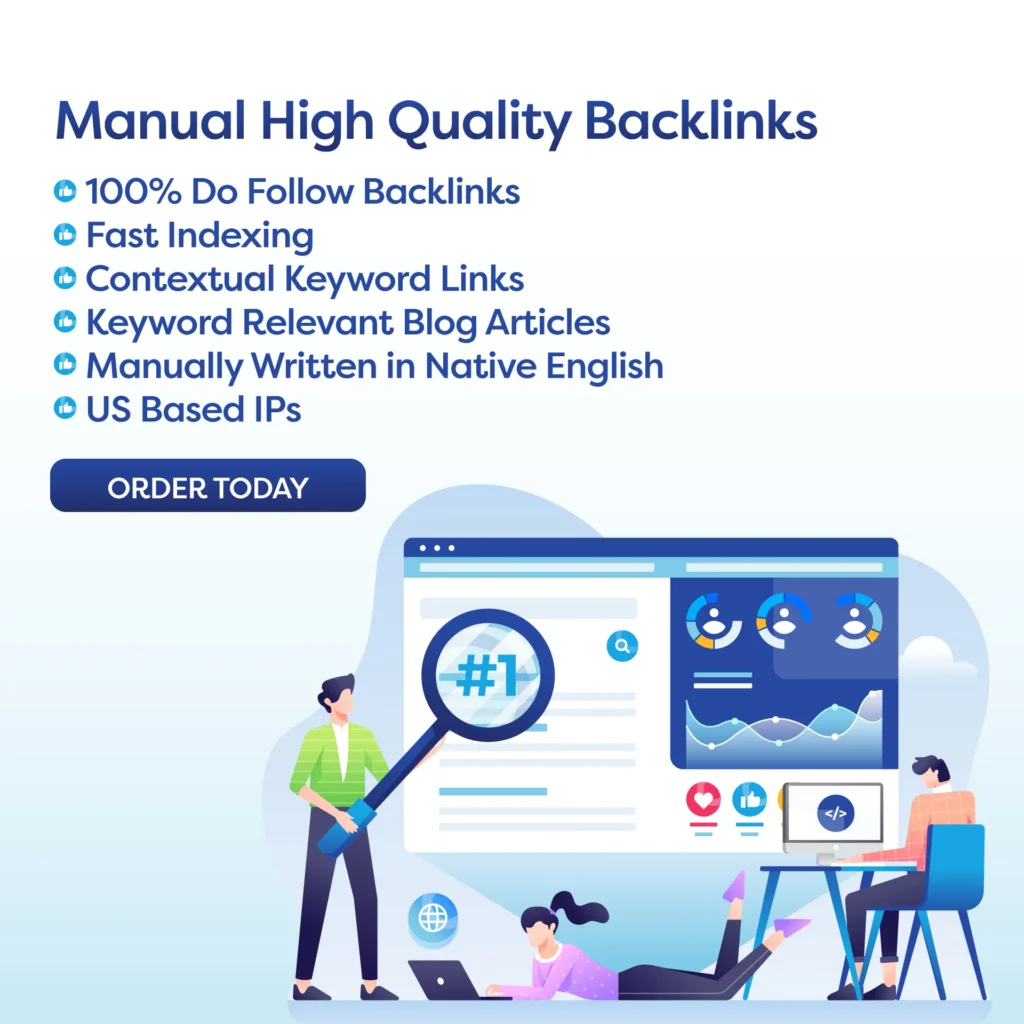The Essential SEO Audit Checklist
What is an SEO Audit?
An SEO audit is a comprehensive analysis of your website’s performance in terms of search engine optimization. It involves evaluating various elements of your website, such as on-page and off-page factors, to identify areas for improvement and ensure that your website is fully optimized for search engines.
Why is an SEO Audit Important?
An SEO audit is crucial for any website looking to improve its visibility and rankings on search engine results pages (SERPs). It helps identify any issues or barriers that may be hindering your website’s performance and provides actionable insights to optimize your website for better search engine rankings.
The Benefits of an SEO Audit
Here are some of the key benefits of conducting an SEO audit for your website:
- Identify Technical Issues: An SEO audit helps identify any technical issues that may be affecting your website’s performance, such as broken links, slow page load speed, or mobile responsiveness. These issues can negatively impact your SEO efforts and need to be addressed.
- Improve User Experience: By analyzing user behavior and website metrics, an SEO audit can identify areas for improvement in terms of user experience. This includes factors such as website navigation, content structure, and readability.
- Optimize On-Page Elements: An SEO audit examines on-page elements such as meta tags, title tags, and content to ensure they are optimized for relevant keywords and search engines. This can help improve your website’s relevance and ranking for specific search queries.
- Enhance Off-Page Factors: Off-page factors, such as backlinks and social media presence, also play a crucial role in SEO. An audit can help identify opportunities for building high-quality backlinks and improving your website’s overall online presence.
- Stay Ahead of Competitors: By conducting an SEO audit, you can gain valuable insights into your competitors’ strategies and identify areas where you can improve to stay ahead of the competition.
How to Perform an SEO Audit
While there are various tools and software available to perform an SEO audit, here is a checklist of key elements to consider:
- Keyword Analysis: Evaluate the relevance and competitiveness of your target keywords and identify opportunities for optimization.
- On-Page Factors: Analyze meta tags, title tags, and content to ensure they are optimized for relevant keywords and search engines.
- Site Structure: Check for broken links, duplicate content, and proper website navigation.
- Mobile Responsiveness: With the majority of internet users accessing websites on mobile devices, it is crucial to ensure your website is optimized for mobile.
- Backlink Profile: Analyze your website’s backlink profile to identify opportunities for building high-quality backlinks and improving your online presence.
- Social Media Presence: Evaluate your website’s social media presence and identify areas for improvement.
- Website Performance: Check for page load speed and overall website performance, as this can impact user experience and SEO rankings.
Final Thoughts
An SEO audit is essential for any website looking to improve its search engine visibility and rankings. By identifying areas for improvement and implementing changes based on the audit’s findings, you can ensure that your website is fully optimized for search engines and provide a better user experience for your audience. Start conducting regular SEO audits to stay ahead of the competition and continuously improve your website’s performance.
